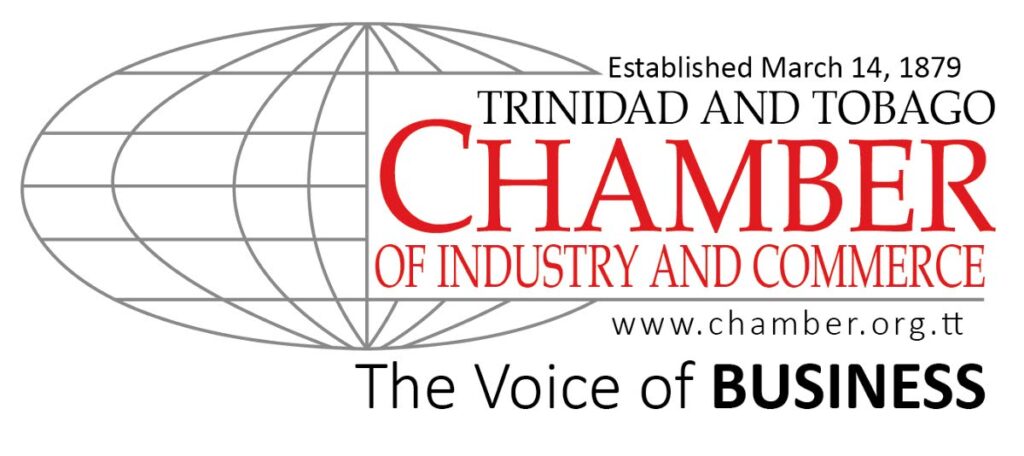Building Trinidad and Tobago's entrepreneurship ecosystem

The Central Statistical Office (CSO) estimates that there are approximately 26,000 registered businesses in TT, with 90 per cent recognised as small to medium-sized enterprises (SMEs).
Do we have an entrepreneurship ecosystem which supports their growth and development?
How can we shape a better future for TT's entrepreneurs?
Understanding entrepreneurship
There is a growing appreciation of the need for fostering innovation and entrepreneurship as critical aspects of any economic growth and diversification agenda.
In the churn of everyday economic life, the entrepreneur discerns opportunities for something new and different to be brought to the marketplace.
The entrepreneur identifies and solves problems – how can something be done better, faster, cheaper, using less energy, labour or capital?
The entrepreneur asks how customer experiences such as vacations, hikes, tours, online purchasing, sending and receiving money can be enhanced. The entrepreneur explores what new products might excite consumer tastes or meet their needs, or how adversity, such as a pandemic, can be turned into profit.
Entrepreneurial attributes are varied; their motivations are complex and not always profit-oriented. Some argue that entrepreneurs are born, not made. It is the culture of the family, the community and the society which gives birth to them.
So precisely how entrepreneurship should be fostered and sustained is problematic.
Contemporary thinking on entrepreneurship suggests policy should be directed to creating an entrepreneurship ecosystem.
This approach posits that entrepreneurs emerge from an environment comprising multiple elements, each necessary but insufficient, and which interoperate symbiotically to produce entrepreneurs. These elements include government policy, markets, finance, human capital, culture and support systems.
How an entrepreneurship ecosystem is constructed and operates will depend on the nature of the economy and society. Some elements are universal.
For example, entrepreneurial success everywhere depends on hard work.
It also depends on passing the market test that customers want the product or service.
Navigating raising capital
While in developed countries access to angel investment, venture capital, and private equity is well established, for Caribbean entrepreneurs, gaining access to capital or finance is extremely difficult.
For many people, their network of friends and family – usually the first to be tapped by the entrepreneur – is limited or nonexistent, because friends and family may be of limited means and have few resources to put at risk. Surplus capital may circulate in silos within specific communities defined by ethnicity, class or geography, and hence not available to entrepreneurs outside those communities. Bank financing is simply not suitable for entrepreneurial ventures.

In developed countries, access to capital usually brings access to mentorship and advice. A common complaint of young entrepreneurs is how lonely and emotionally draining building a new business can be. The networks of angel investors, venture capitalists, and private equity investors find it in their interest to support the entrepreneur to the greatest extent possible to maximise their chances of success. Having advisers who have no "skin in the game" might be less effective than when they do.
Building robust R&D strategy
Access to problem-solving research and development (design, engineering, testing, production) is critical for entrepreneurs who manufacture a product and build out production facilities. Products and the production process will almost certainly have to meet health and safety standards for workers and consumers alike. In developed ecosystems, entrepreneurs have access to universities and laboratories which are vested in providing technical and engineering services.
In TT, CARIRI provides some testing services. The University of TT has supported incubators and other initiatives, for example in animation. UWI St Augustine has set innovation and entrepreneurship as a major goal and established WI Ventures and the St Augustine Centre for Innovation and Entrepreneurship (STACIE). UWI also holds a few patents.
However, the nexus between the universities and entrepreneurs outside the academy is weak, and the universities themselves are constrained by a lack of capital to fund research and development activities.
Ideally, we should develop the Triple Helix linking government, industry and universities to support innovation and entrepreneurship. There is no existing organisational structure that gives life to the Triple Helix, and the ecosystem remains fragmented.
Government policy has mainly involved state enterprises tasked with entrepreneurship development targeting micro- and small enterprises, state enterprises acting as entrepreneurs and tax incentives for venture-capital financing.
Recommendations for driving entrepreneurship:
From the author: Building an entrepreneurship ecosystem in the specific circumstances of TT will require:
- Eliminating the fragmentation of the current system
- Operationalising the Triple Helix
- Overcoming cultural blocks.
The author advocates for an institution funded out of the interest of the Heritage and Stabilisation Fund, with co-invested funds invited from local and foreign private-sector businesses.
The institution will be directed and managed by a board reflecting the government, universities and industry.
It would be connected to the diaspora, and supported by advisors to client-entrepreneurs who will, at their option, be allocated shares in any venture which is eventually commercialised.
This institution will lead the nation in not just celebrating successes but also encouraging and supporting those whose efforts have failed – to rise and come again.
This article was written by Terrence W Farrell and originally appeared in the TT Chamber’s Contact Magazine Q2, 2023: Bridging the Gap – TT Entrepreneurial Ecosystem.

Comments
"Building Trinidad and Tobago’s entrepreneurship ecosystem"